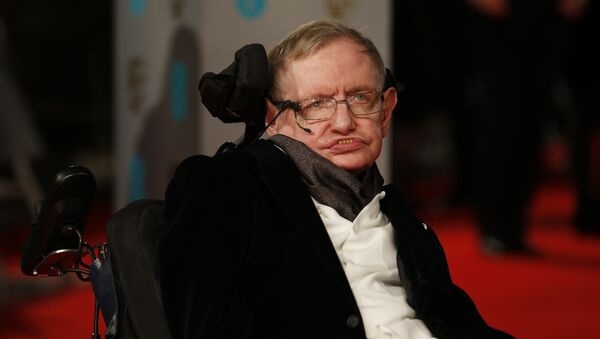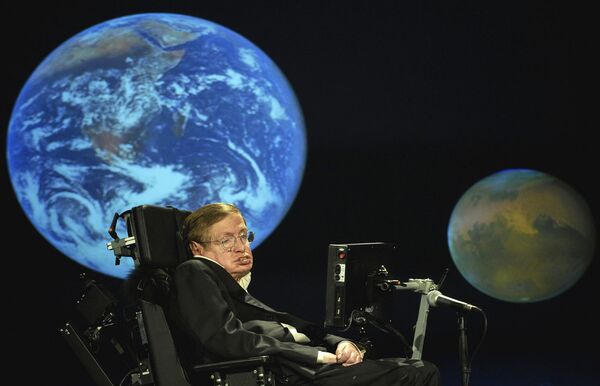Hawking — the theoretical physicist, cosmologist, Director of Research at the Centre for Theoretical Cosmology within the University of Cambridge and author of 'A Brief History of Time' — believes that the decision by the British electorate to reject membership of the European Union and by the American public to embrace Donald Trump as their next president, was "a cry of anger by people who felt they had been abandoned by their leaders".
He puts this down to rising concerns of the effect of globalization — global finance, technology, communications and a general feeling that people are losing control over their own destiny at a local level, as well as a growing chasm between the rich and the poor.
Writing in The Guardian newspaper, Hawking said the Brexit and Trump votes were: "the moment when the forgotten spoke, finding their voices to reject the advice and guidance of experts and the elite everywhere.
"The automation of factories has already decimated jobs in traditional manufacturing, and the rise of artificial intelligence is likely to extend this job destruction deep into the middle classes, with only the most caring, creative or supervisory roles remaining."
"This in turn will accelerate the already widening economic inequality around the world. The Internet and the platforms that it makes possible allow very small groups of individuals to make enormous profits while employing very few people. This is inevitable, it is progress, but it is also socially destructive," Hawking said.
Financial "Greed"
He said that the 2008/9 financial crash brought home to people that a very few individuals working in the financial sector "can accrue huge rewards and that the rest of us underwrite that success and pick up the bill when their greed leads us astray".
"Together, they are a reminder that we are at the most dangerous moment in the development of humanity. We now have the technology to destroy the planet on which we live, but have not yet developed the ability to escape it. Perhaps in a few hundred years, we will have established human colonies amid the stars, but right now we only have one planet, and we need to work together to protect it."
"To do that, we need to break down, not build up, barriers within and between nations. If we are to stand a chance of doing that, the world's leaders need to acknowledge that they have failed and are failing the many," he said.



